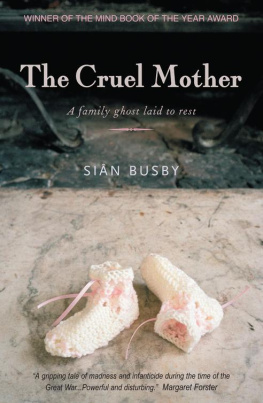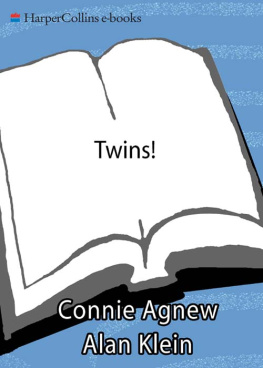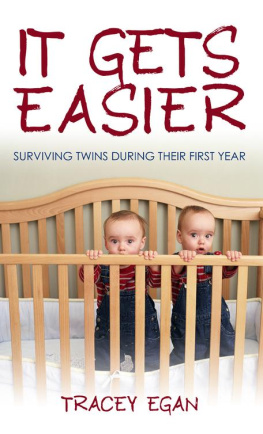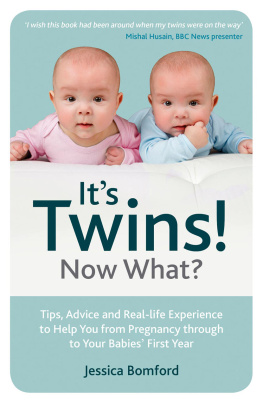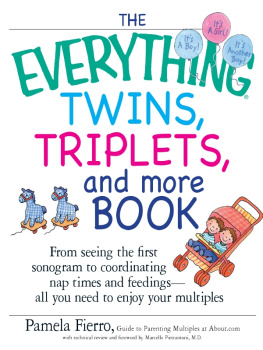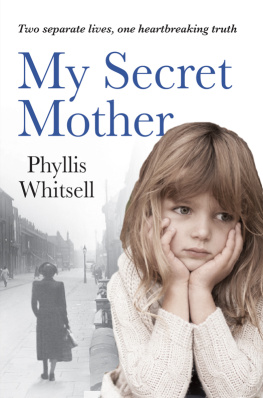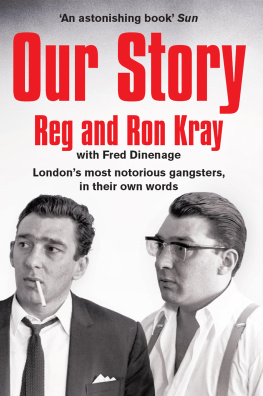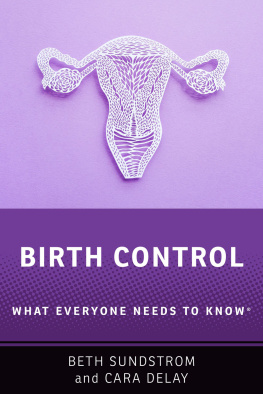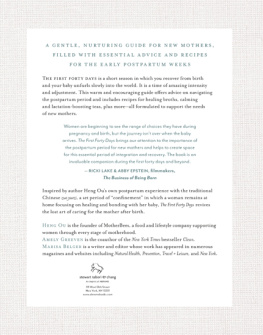Sian Busby - The Cruel Mother: A family ghost laid to rest
Here you can read online Sian Busby - The Cruel Mother: A family ghost laid to rest full text of the book (entire story) in english for free. Download pdf and epub, get meaning, cover and reviews about this ebook. year: 2013, publisher: Short Books, genre: Non-fiction. Description of the work, (preface) as well as reviews are available. Best literature library LitArk.com created for fans of good reading and offers a wide selection of genres:
Romance novel
Science fiction
Adventure
Detective
Science
History
Home and family
Prose
Art
Politics
Computer
Non-fiction
Religion
Business
Children
Humor
Choose a favorite category and find really read worthwhile books. Enjoy immersion in the world of imagination, feel the emotions of the characters or learn something new for yourself, make an fascinating discovery.
- Book:The Cruel Mother: A family ghost laid to rest
- Author:
- Publisher:Short Books
- Genre:
- Year:2013
- Rating:3 / 5
- Favourites:Add to favourites
- Your mark:
- 60
- 1
- 2
- 3
- 4
- 5
The Cruel Mother: A family ghost laid to rest: summary, description and annotation
We offer to read an annotation, description, summary or preface (depends on what the author of the book "The Cruel Mother: A family ghost laid to rest" wrote himself). If you haven't found the necessary information about the book — write in the comments, we will try to find it.
Sian Busby: author's other books
Who wrote The Cruel Mother: A family ghost laid to rest? Find out the surname, the name of the author of the book and a list of all author's works by series.
The Cruel Mother: A family ghost laid to rest — read online for free the complete book (whole text) full work
Below is the text of the book, divided by pages. System saving the place of the last page read, allows you to conveniently read the book "The Cruel Mother: A family ghost laid to rest" online for free, without having to search again every time where you left off. Put a bookmark, and you can go to the page where you finished reading at any time.
Font size:
Interval:
Bookmark:
In loving memory of RJW Wood (1902-1978)
She leand her back unto a thorn;
Fine flowers in the valley
And there she has her two babes born,
And the leaves they grow rarely.
Shes taen the ribbon from her hair,
Fine flowers in the valley
And bound their bodies fast and sure.
And the leaves they grow rarely.
Shes buried them both beneath the briar,
Fine flowers in the valley
And washed her hands with many a tear.
And the leaves they grow rarely.
The Cruel Mother, traditional ballad
I was a teenager when my mothers father died back in the late 1970s, and my cousins and I helped to tidy out his home. At one end of the dingy hallway, in a damp alcove, my grandfather had stacked up a pile of objects salvaged it seemed from the unravelling edge of his life. Together my cousins and I dutifully picked through what was for the most part worthless, dust-encrusted junk. We were looking out for anything of value, anything which would give us an insight into the man, give us back a piece of his long-lost life. Of course, characteristically, my grandfather receded from us with each new discovery. There was a 16mm film projector, the colour of a battleship with orange spots of rust congressing on its surface, some damp cartons of pianola rolls, hand-tinted photographic plates of floral arrangements and his old back garden in Camden Town, a World War Two gas mask, photographs of attractive women, and a battered leather briefcase full of insignia from the Antediluvian Order of the Water Buffalos. But nowhere was there a trace of anything relating to the single event which had exerted the greatest force over his life. We placed anything interesting to one side, and put everything else in a series of large black bin-bags.
At the very bottom of the pile we came upon a series of large, shallow cardboard boxes. They were tied with the same creamy silk ribbon which my grandfather had once tied around his fancy hatboxes during the few years, back in the 1940s, when he had been a successful West End milliner. We ripped open the boxes one after another, pulling off the ribbons without bothering to undo the bows, carelessly discarding the lids. Inside, nestling in snow-white tissue paper, were pieces of delicate netting, hat veils, scattered with coloured sequins. Each time we opened a box we watched for a few moments as the netting, finally exposed to the air for the first time in thirty years, dissolved into fragments before our eyes.
At times the process of writing this book has been a lot like gathering the broken shards of an old mirror in the hope of reassembling a reflection of the past. Much of what follows has had to be, to some extent, confabulation; for however certain I am of the facts, however verifiable my certainties have proved to be, the life of a dead ordinary person even if like my great-grandmother, Beth, they did something extraordinary is a very difficult thing to delineate. In truth, all I know for certain is how it turned out. For us we who live in the present the past is a foregone conclusion, and as we sift through the fragments left for us in the bottom of boxes we are already shaping the outcome.
I have from time to time caught a glimpse of the ghosts flitting between the lines, shivered as they whispered in my ears in record offices and libraries, marvelled as they seemed to place long-lost pieces of the puzzle in my hand. But mostly I have had nothing to go on but the shrink-wrapped memories of others, second, third, fourth-hand-hand-me-downs and my own sense of shared experience, of common ground and blood. Maybe we are primed to recognise the similarities between past lives and our own, to filter out the strange and home in on the recognisable. Perhaps the only reason we bother with the past at all is because we are egotistically looking for clues about ourselves, seeking out our own hidden meaning and secret purpose. If so, I have been as eager as anyone to grasp the lifelines one generation throws across to another.
When I settled down to finally uncover the truth of the single event in my great-grandmothers life which cast such a shadow over her, her children and grandchildren and even her great-grandchildren, I did not entertain a single doubt about my right to do so; as I progressed there were many times when I wondered whether I was doing the right thing. The generations between Beths and my own had taken so much trouble to tidy everything away that I sometimes felt like a spoilt kid, rummaging, wrecking, exposing fragile items to the air only to watch them crumble away. At the end of the process, while I am sorry if there are any members of my family who feel that perhaps, after all, this dirty corner of our common past was best left unaired, I have come to believe that it is better to lift the edge of the carpet, to let the dust fly.
And what about Beth? Where is she in all of this? Well, I started out simply wanting to find out why she did what she did: to try and understand. But I realise now that this book has been my way of letting her know that she is, finally, forgiven. After all, it is because of everything that happened that we are as we are, and still the future beckons.
SEB
London, 2004
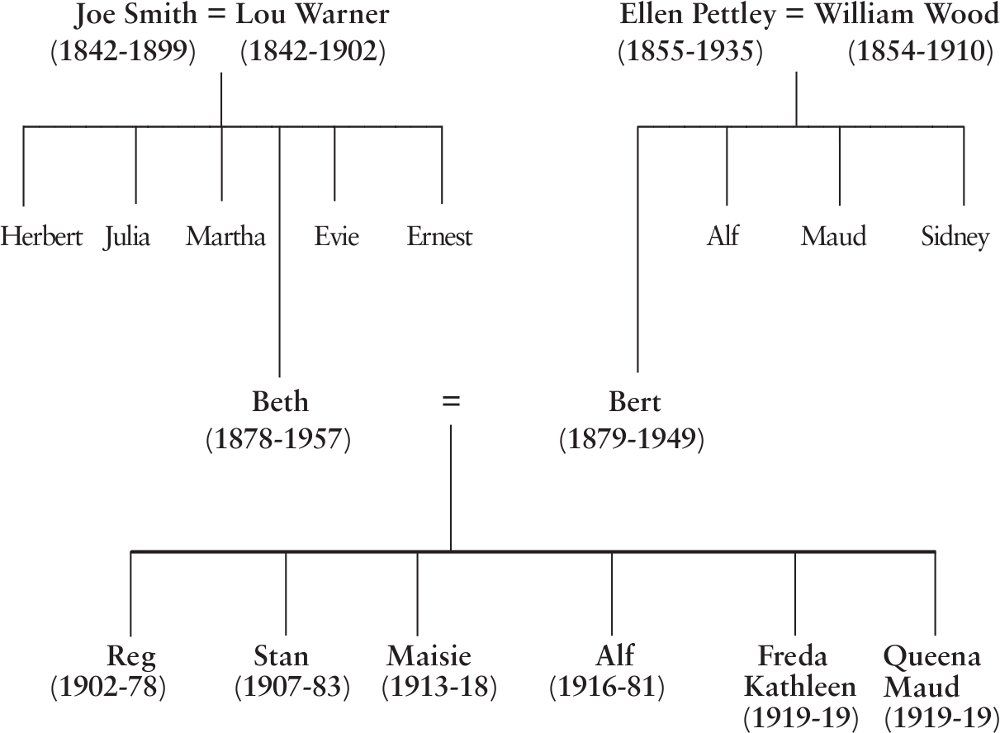
News of the World, August 31, 1919
DEAD TRIPLETS

TWO BABY SISTERS DROWNED IN BACKYARD BATH
Triplet girls born to Mr. and Mrs. B.W. Wood, of London-road, Romford, a little over a week ago, are all dead, two of them under tragic circumstances. The first died shortly after birth, but the others and the mother seemed to be going on fairly well. Early one morning Mrs. Wood called her husband and saying she had been bathing the children, asked for them. The father could not see them in the house. Going into the yard he found them, both dead, in a bath of rain water.
The first thought I had when I found the article on the microfilm was that Grandma Wood had drowned only two of her babies, and not all three as we had always been told. And that they were girls, not boys. My grandfathers twin sisters. my mothers aunts.
Then it dawned on me that after all this time there it was in black and white right in front of me. Now I knew for sure. It was no family myth, no story embellished and garbled through the passage of time, no terrible lie, no daydream or nightmare. It had really happened.
***
Romford, Autumn 1939
Dear Reg,
Just a few lines hoping they will find you well. We have been waiting to hear what you are doing. Hope you are getting along alright.
Have you heard from Ettie and the children. Hope they are all well and liking Wales.
Things seem in a terrible muddle dont they.
How did you get on over the road last Wednesday week. Dad was just getting up when the sirens went.
I felt rotten for two or three days after but after the all clear went I went down to the Drill Hall and saw the troops go from here & I think I caught the sun. It was very Hot.
My head and neck have ached ever since. This war business gets one down doesnt it.
Dad told me dinner time Uncle Sid went in the yard this morning. 40 have got the sack in his firm & he is among the unlucky ones. He said he dont know what they will do.
I guess there is a good many dont know what they will do
So sorry the weather seems to have left us. But we may have another spell again.
Font size:
Interval:
Bookmark:
Similar books «The Cruel Mother: A family ghost laid to rest»
Look at similar books to The Cruel Mother: A family ghost laid to rest. We have selected literature similar in name and meaning in the hope of providing readers with more options to find new, interesting, not yet read works.
Discussion, reviews of the book The Cruel Mother: A family ghost laid to rest and just readers' own opinions. Leave your comments, write what you think about the work, its meaning or the main characters. Specify what exactly you liked and what you didn't like, and why you think so.

